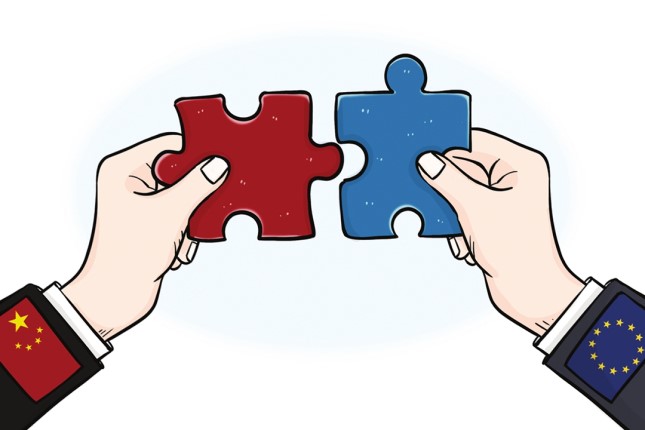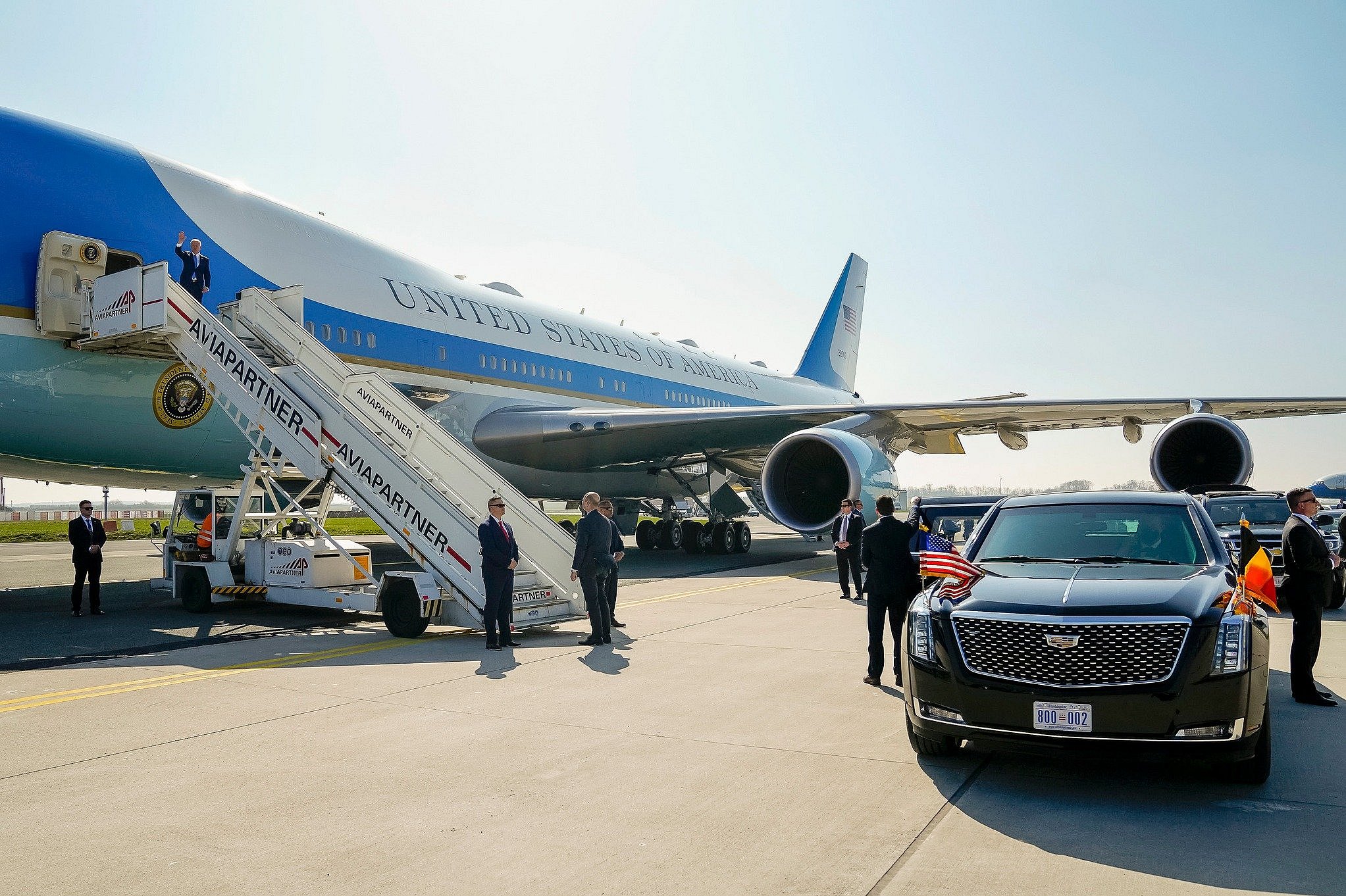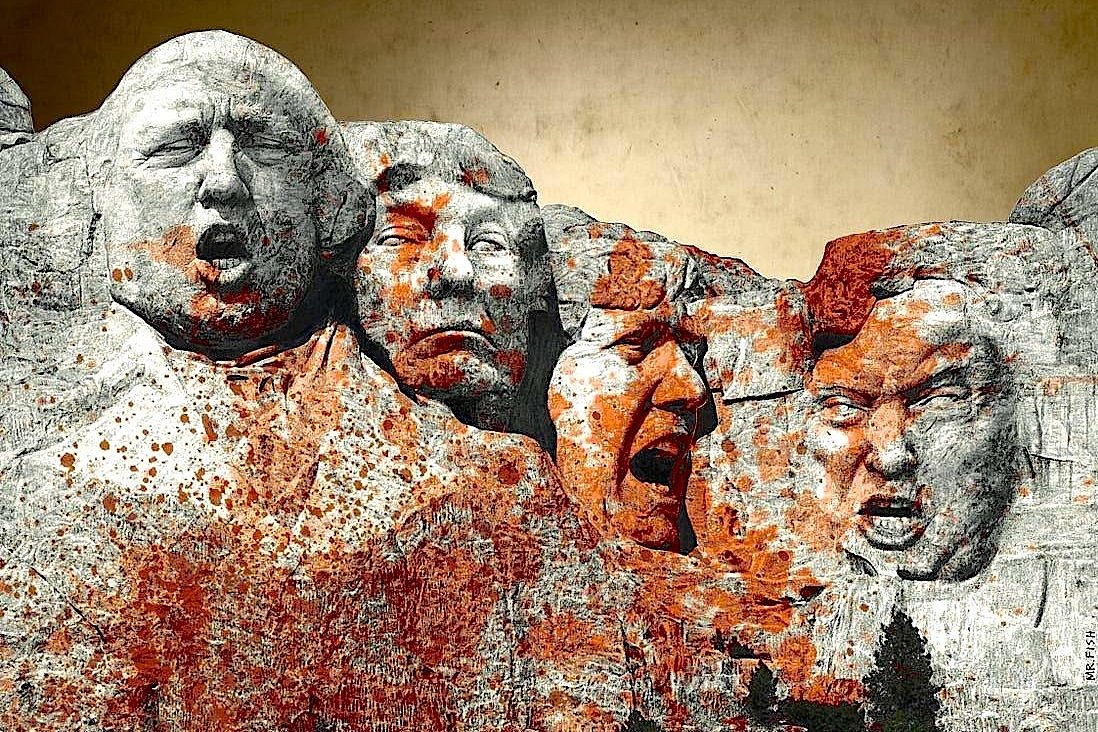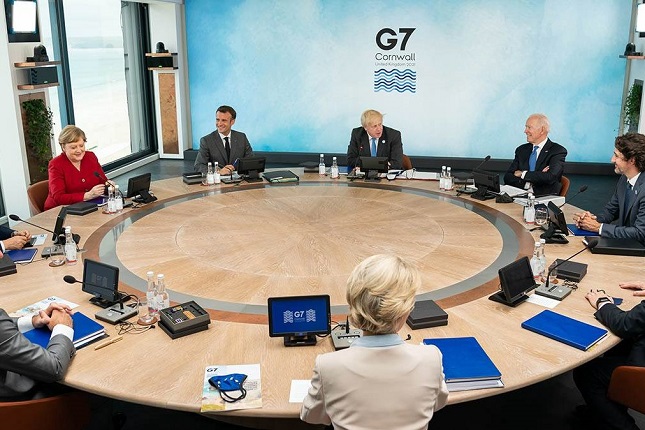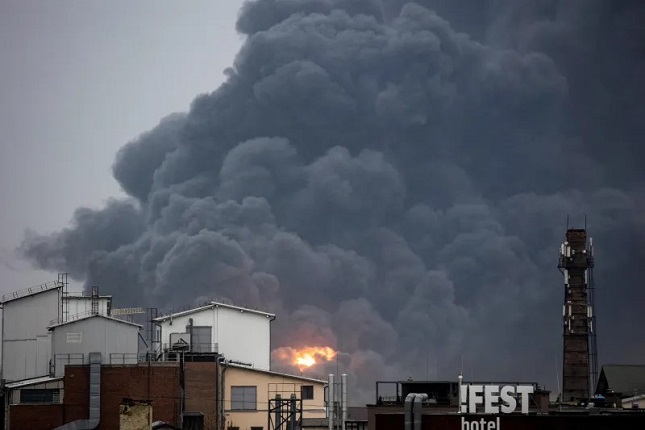This marks the first visit to Europe by China's head of state in five years. Despite significant changes in the world over the past five years, the relationship between China and the three countries has remained stable under the strategic guidance of head-of-state diplomacy, showing a positive development momentum. This situation is hard-won. President Xi's visit to the three countries will open a new chapter in the relationship between China and the three countries, as well as the broader China-Europe relationship.
Many observers have noted that the three countries visited by President Xi this time are representative in their own ways: France was the first major Western country to establish diplomatic relations with the People's Republic of China at the ambassadorial level, and China-France relations have long been at the forefront of the relations between China and the West. Serbia is China's first comprehensive strategic partner in Central and Eastern Europe, and is China's "iron-clad friend." Hungary is an important country in Central and Eastern Europe and is also an important partner for China in advancing joint Belt and Road cooperation and China-Central and Eastern European cooperation. It is entirely reasonable to expect that starting with the three countries, the main theme of friendly cooperation between China and Europe will run through the entire visit.
Over the past five years, China-Europe relations have experienced ups and downs. The COVID-19 pandemic, Russia-Ukraine conflict and other events have had a certain impact on China-Europe relations. With the US designating China as its "most serious competitor" and Washington increasing its attempts to woo and entice Europe, how to maintain strategic autonomy has become a major test facing Europe. It is particularly important for Europe to adhere to the principles that the China-Europe relationship is not targeted at any third party, nor is it subjugated to or controlled by any third party, especially not controlled by any third party. In this situation, an important signal released by the Chinese leader's visit to Europe is that regardless of how the international situation changes, China's desire to expand cooperation with Europe and support Europe's strategic autonomy remains unwavering.
It can be said that the diplomacy of the head of state is the anchor that keeps the China-Europe giant ship stable and on course in the face of storms. Taking France as an example, although there have been ups and downs in China-EU relations in the past few years, the cooperative attitude and position of China and France on many global governance issues have remained stable, which is directly related to the diplomacy of the head of state. Since last year, exchanges at all levels between China and Europe have been fully restarted, and China's patience and goodwill are increasingly recognized by more Europeans. For Europe, China is an opportunity, not a risk, and a partner, not a rival. Overall, Europe's willingness to cooperate with China is increasing.
Before President Xi's visit, French President Macron said in interviews with media that in terms of the EU's openness to the Chinese market, "we have to be very pragmatic and look at this issue in the light of our strategic interests." Macron stated that he welcomes President Xi's visit and "we must do everything we can to engage China on major global issues and discuss economic relations based on reciprocity." "Whether it's about climate or about safety, we need the Chinese," he noted. Macron's words are not only directed at France, but also Europe.
We believe that under the strategic leadership of the head-of-state diplomacy, China and Europe will reach at least three strategic tacit agreements. First, China and Europe are not opponents, let alone enemies, but friends and partners who can trust each other. China and Europe have never become obstacles to each other's core interests. The differences between China and Europe in values, political systems, and development models provide a basis for mutual learning and complementarity, rather than setting up "targets." Second, the success of China and Europe's respective development is "good news" for each other, not "bad news." China will continue to support Europe in achieving strategic autonomy, and the more Europe develops, the more stable the West will be; Europe should also open its minds, embrace and support China to advance Chinese modernization. The more China develops, the more prosperous the Asia-Pacific region will be. Third, on important global issues, China and Europe can jointly build new connections across regions, civilizations, and fields, work together to help the world and each other achieve development and inject positive energy into the turbulent world.
There is a saying in Serbia, "Friends are fruits of time." This is particularly apt in the context of China-Europe relations: Time will prove what true partners are like. We look forward to President Xi's state visits to the three European countries, injecting strong momentum into the further development of China's relations with the three countries and the China-EU comprehensive strategic partnership, and injecting more stability and positive energy into the turbulent world.
Photo: China EU relations.
Source: The Global Times.
